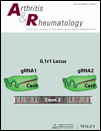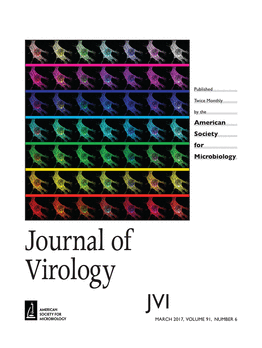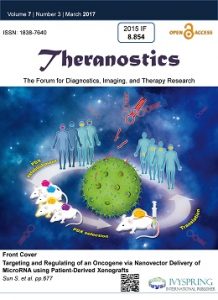 The researcher whose brazen theft of a manuscript he had reviewed prompted a “Dear plagiarist” letter from the aggrieved author once the deceit was discovered has lost a second paper for plagiarism.
The researcher whose brazen theft of a manuscript he had reviewed prompted a “Dear plagiarist” letter from the aggrieved author once the deceit was discovered has lost a second paper for plagiarism.
International Scholarly Research Notices, a Hindawi publication, has retracted a 2012 study by Carmine Finelli and colleagues, citing widespread misuse of text from two previously published articles. The removal was prompted by the curiosity of a scientist in England who, on reading about Finelli’s first retraction, made the logical assumption: once a plagiarist, often a plagiarist.
The review article was titled “Physical Activity: An Important Adaptative Mechanism for Body-Weight Control.” The journal is not indexed by Clarivate Analytics’ Web of Science, but the paper has been cited seven times, according to Google Scholar. According to the retraction notice: Continue reading Researcher who stole manuscript during peer review earns second retraction

 In 2013, Frank Sauer blamed “visual distortion” for problems with the images in his papers and grant applications. That explanation gave way to the production in 2016 of a mysterious and ominous letter from an unnamed researcher claiming that they’d sabotaged Sauer’s work in a plot of revenge. Soon after, Sauer was claiming that a mysterious cabal was plotting to undermine the output of German researchers.
In 2013, Frank Sauer blamed “visual distortion” for problems with the images in his papers and grant applications. That explanation gave way to the production in 2016 of a mysterious and ominous letter from an unnamed researcher claiming that they’d sabotaged Sauer’s work in a plot of revenge. Soon after, Sauer was claiming that a mysterious cabal was plotting to undermine the output of German researchers. 
 A group of researchers in France has been forced to retract their 2002 article in the
A group of researchers in France has been forced to retract their 2002 article in the 


